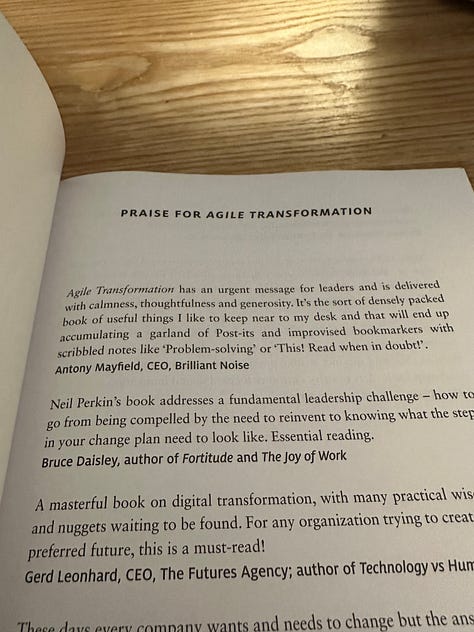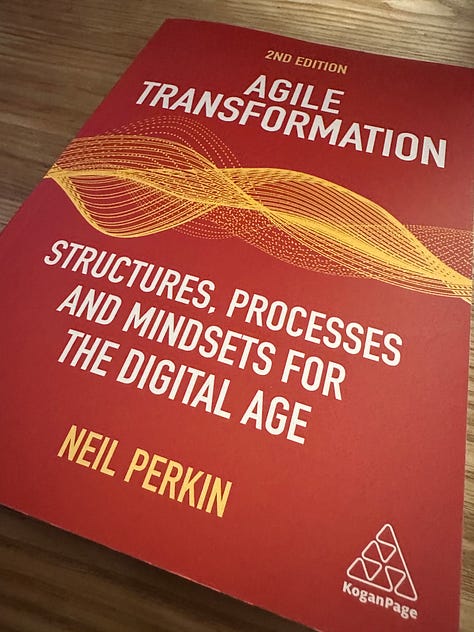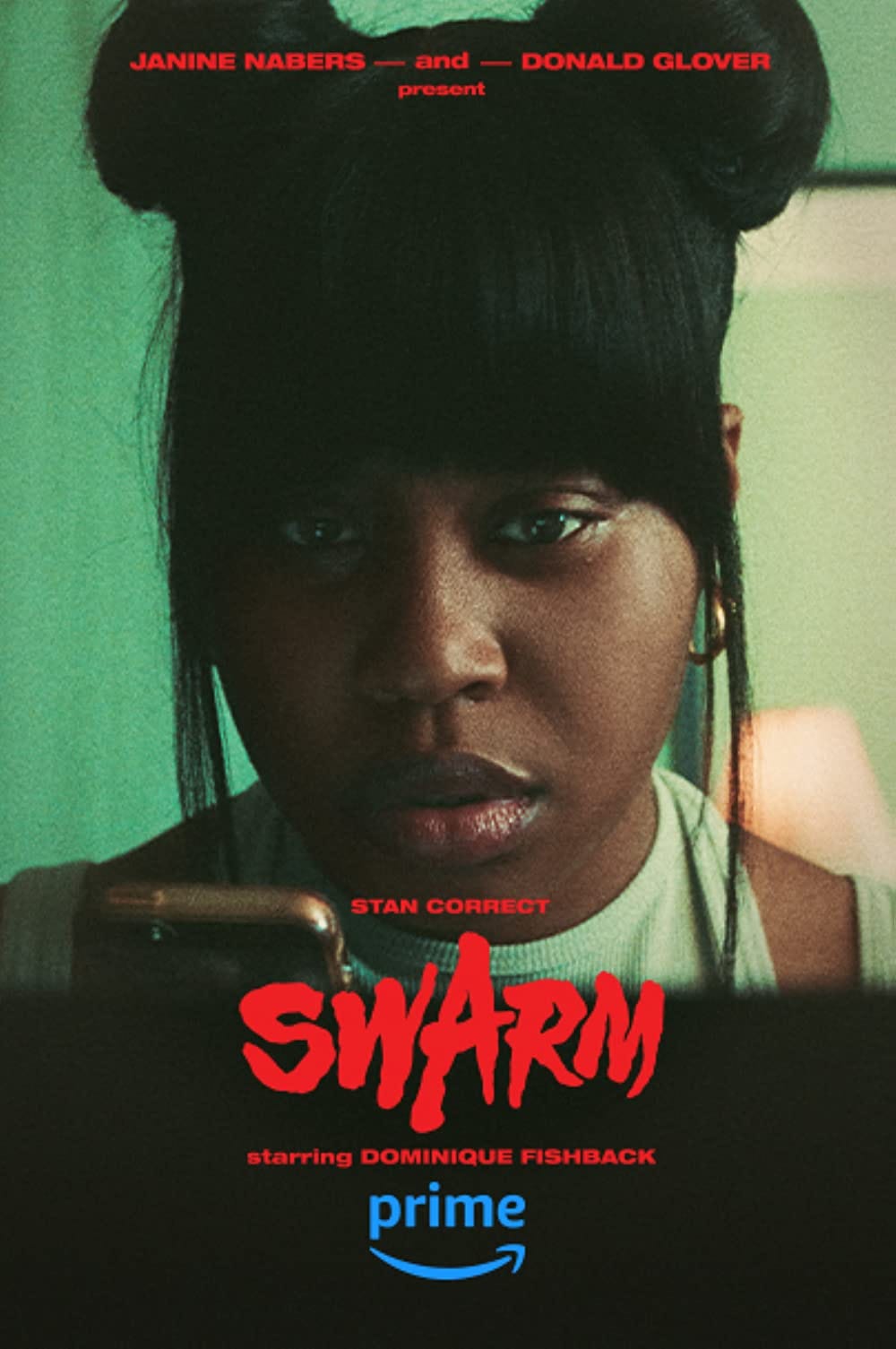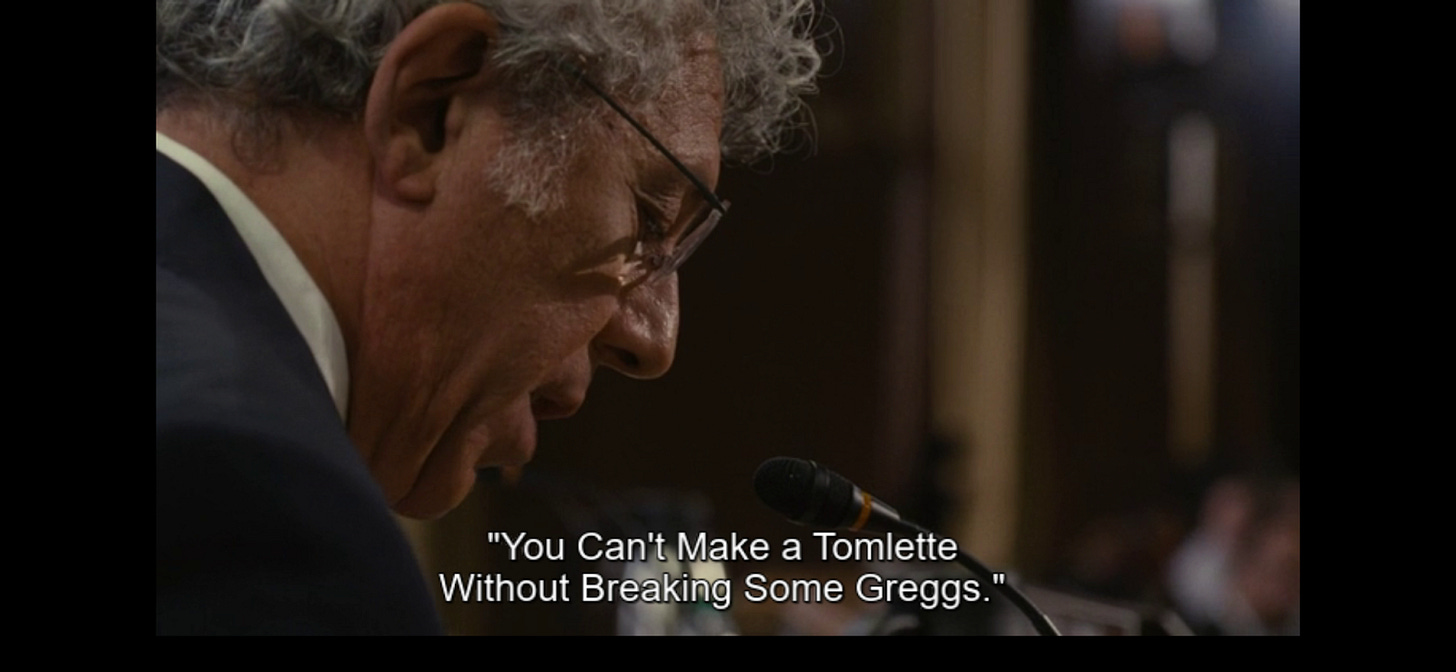Antonym: The Traitor's Coin Edition
TikTok's Tomlette, first impressions of Google’s AI in the wild, and the back-stabbing coins of Brutus
Dear Reader
Happy Succession Final Season Eve, friends. Tomorrow the final season of the Greatest Television Series Ever Made™ airs. In season two, some of the characters are pulled before a congressional committee and self-destruct under questioning before the senators can do the job for them. This week a reverse-Tomlette was fried up by the weird and wonderful members of the US Congress, many of whom crumbled under the weight of their own weird questions.
Don’t knock TikTok (or it will knock you)
The CEO of TikTok, Shou Zi Chew, was questioned(for six hours) by a Congressional committee in the United States, the equivalent of a parliamentary committee grilling in the UK.
It didn’t go as badly for TikTok as we might have expected: the aggression and real concerns of some politicians was overshadowed by grandstanding and ignorance of basic technical facts (for example, that an app needs to access a wifi network to connect to the internet), which was then immediately lampooned by thousands users on TikTok and other platforms.
Later, the line between conspiracy theory and logical actions was being trod as people accused TikTok of “heating” (promoting) anti-Congress memes in people’s feeds. It was a hard claim to judge objectively: taking a look at my TikTok feed there were a lot of jokes and taunts about the questioning, but (a) I was interested in them so the algorithm is bound to feed me more, and (b) the questions just made the members of Congress such irresistible raw materials for content, how would they not be today’s meme fodder. Recall when Google’s CEO was a in a similar situation and all NowThis had to do to make it funny was add a Curb Your Enthusiasm theme tune to make it comedy gold.
The serious issues around TikTok with privacy, political influence and mental health, are there with all the other social platforms. And spying by governments via social apps? That ship sailed a while ago and it had an American flag on it.
Here’s a highlights reel:
Commemorative coin for killing caesar
Returning things to Greece. Fascinating for New Yorkers, awkward for Londoners. A rare coin and other treasures were returned to Greece by the US this week including one with a very weird story attached:
So beautiful, isn’t it?
The "Eid Mar" coin was minted in 42 BC to commemorate the assassination of Julius Caesar on March 15, 44 BC. It features a bust of Brutus, who was one of the assassins, on the obverse while the reverse features a Greek-style hat between two daggers. The coin was minted in both silver and gold. Approximately 100 of the silver coins are known to exist, but only three of the gold examples have survived. The coin is considered one of the rarest ancient Roman coins.
Imagining unimaginable dangers
If you listen to one thing this week, then the podcast, where Kara Swisher interviews Sam Altman, CEO of OpenAI, the firm that created ChatGPT, is essential.
Stepping back from the din of the hype about AI tools that suddenly become available to us all, Altman and Swisher frankly, discuss the pace of change and the risks of what is a race to create an artificial general intelligence (AGI). They discuss the “profit-capped” structure of the company, which is a kind of middle-ground between non-profit and commercial, where profits above the cap flow into a non-profit.
Altman sounds like an idealist leading a company that wants to change the world for better. Of course he does, and he believes in what he’s saying, but so did the Google founders 20 years ago.
There’s a transcript here, if you would prefer your AI to explain it to you, paste it into GPT.
Actually let me do that for you with Google’s new Bard, its competitor to ChatGPT
Google is slowly releasing its ChatGPT equivalent, Bard. I got access a little while ago, so let’s get it to summarise that Sam Altman interview. I’ve pasted the transcript in and…
Not bad, although it isn’t getting all the points. I tried to compare with ChatGPT using the latest GPT4 model, but it wouldn’t accept the transcript as a whole as it was too large, so I couldn’t compare them directly. Google’s response was faster than I expected from experience with other platforms.
First impression of Google Bard: it’s super-powerful, but much more constrained than ChatGPT, probably because Google will have set tighter guardrails to try and avoid it being manipulated into saying things that make it sound like a racist or a self-aware mega-mind bent on world domination.
LEX: The AI word processor that keeps getting better
Lex is an AI-powered writing app that can help you improve your writing in a number of ways. The latest iteration of Lex will give you feedback on your writing like an editor, pointing out areas where you can improve your grammar, clarity, and style. Less can also help you with more complex tasks, such as generating ideas, writing introductions and conclusions, and summarizing information.
If you're looking for a way to improve your writing, Less is a great option. It's easy to use and can help you with a variety of tasks.
PUN OF THE WEEK
A poor design team that had a tough brief was mobbed on Twitter by their peers, incensed that they’d delivered on a client brief for a re-mix of the much loved classi “I ❤️ NY” logo used to promote NY in the 80s.
Ugly scenes. But amid Pantone-on-Pantone verbal violence, a gem of a pun…
Put downs for pedants
Humble yourself and then humble all other pedants with this piece of meta-condescension.
Psychologist and linguist Stephen Pinker gives us the ultimate response to put grammar pedants back in their overly-defined boxes:
Many purists maintain that the only correct sense of a word is the original one. That’s why they insist, for example, that transpire can only mean “become known,” not “take place” (since it initially meant “release vapor,” from the Latin spirare, “breathe”), and that decimate can only mean “killing one in ten” (since it originally described the execution of every tenth soldier in a mutinous Roman legion). The misconception is so common that it has been given a name: the etymological fallacy.
– The Sense of Style, Stephen Pinker
We’ve all done it. Corrected someone on a point of definition. No? Just me then. Anyway, next time I come at you with “that’s an initialism not an acronym”, or “nice technically means foolish and simple, so what you’re actually saying is” then blow a whistle and shout: “You are falling into the trap of the etymological fallacy”.
And I’ll probably shut up. Or start talking in-depth about etymology; you’ve been warned.
A simpler put down is “Actually, ‘patronising’ is when you talk down to someone.” I think I got that from ISIHAC.
Watching…
Swarm (Prime TV). I’m enthralled. An I-Can’t-Believe-It’s-Not Beyoncé fan turns serial killer in this series co-created by Donald Glover (Atlanta). It’s funny, hilarious and mercifully comes in half hour episodes. Thirty minutes per 24 hours is quite enough time to spend with the protagonist, Dre. Billy Eilish has her acting debut as a cult leader in one of the mid-series episode. It’s all weird and very good.
Neil’s second edition



Friend and sometime collaborator Neil Perkin has had an updated second edition published of his digital transformation and modern management classic Agile Transformation. I was very happy to supply some encouragement for prospective readers and was rewarded with a book in the post this week and the thrill – that never gets old – of seeing my name in print.
It’s such a useful work – practical, clear and based on experience. Thanks, Neil!
Quote of the week: Thank you for your collaboration
The more we pay attention, the more we begin to realise that all the work we ever do is a collaboration. It’s a collaboration with the art that’s come before you and the art that will come after. It’s also a collaboration with the world you’re living in. With the experiences you’ve had. With the tools you use. With the audience. And with who you are today. — Rick Rubin, The Creative Act
Thank you for reading this week.
Tootle-oo!
Antony
P.S. I was a little more pressed for time than usual this week, so I used ChatGPT and Google Bard to rewrite some notes and summarise an article. We don’t have rules about this yet, but if you’re interested, those paragraphs are in italics.










